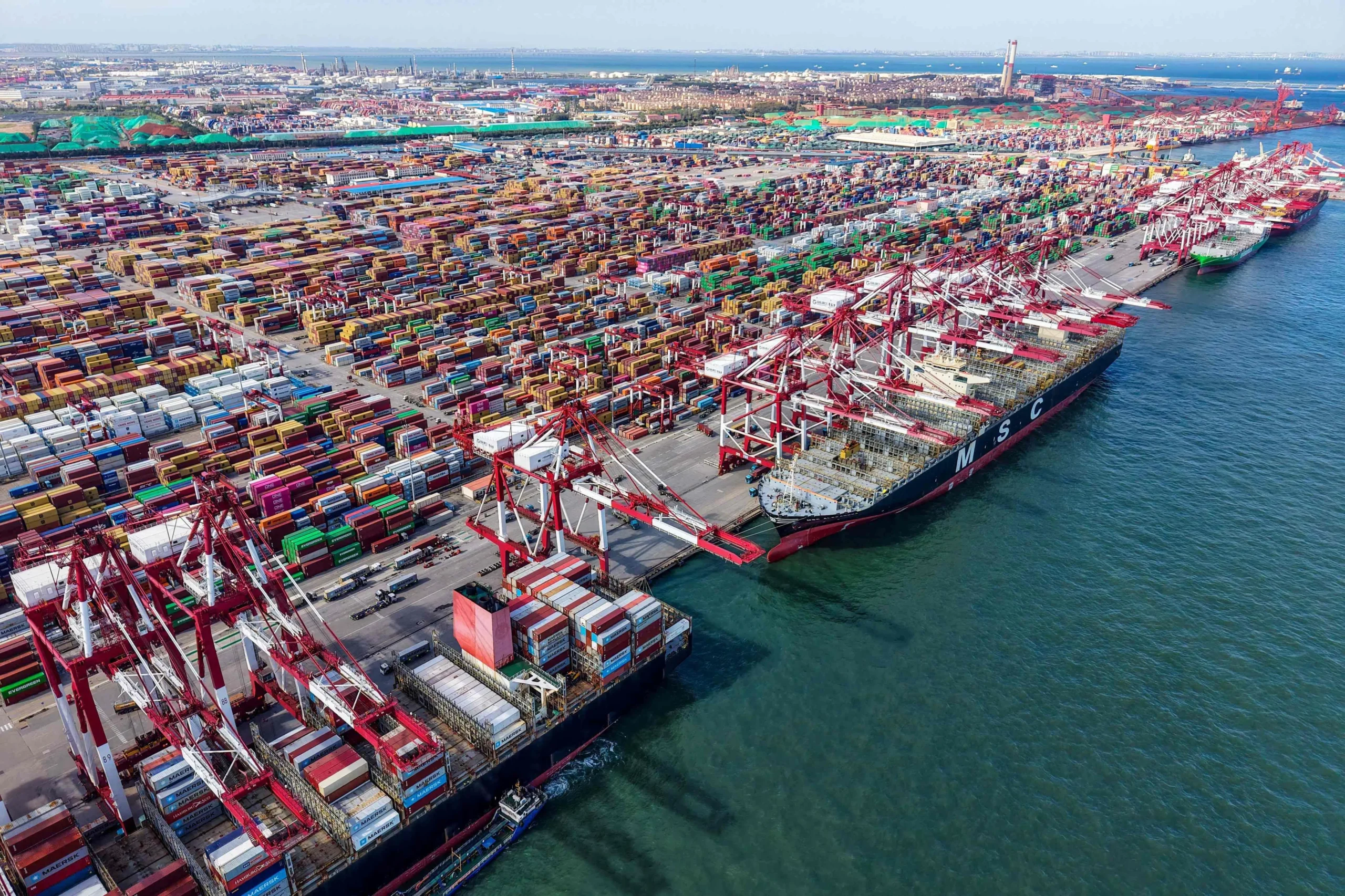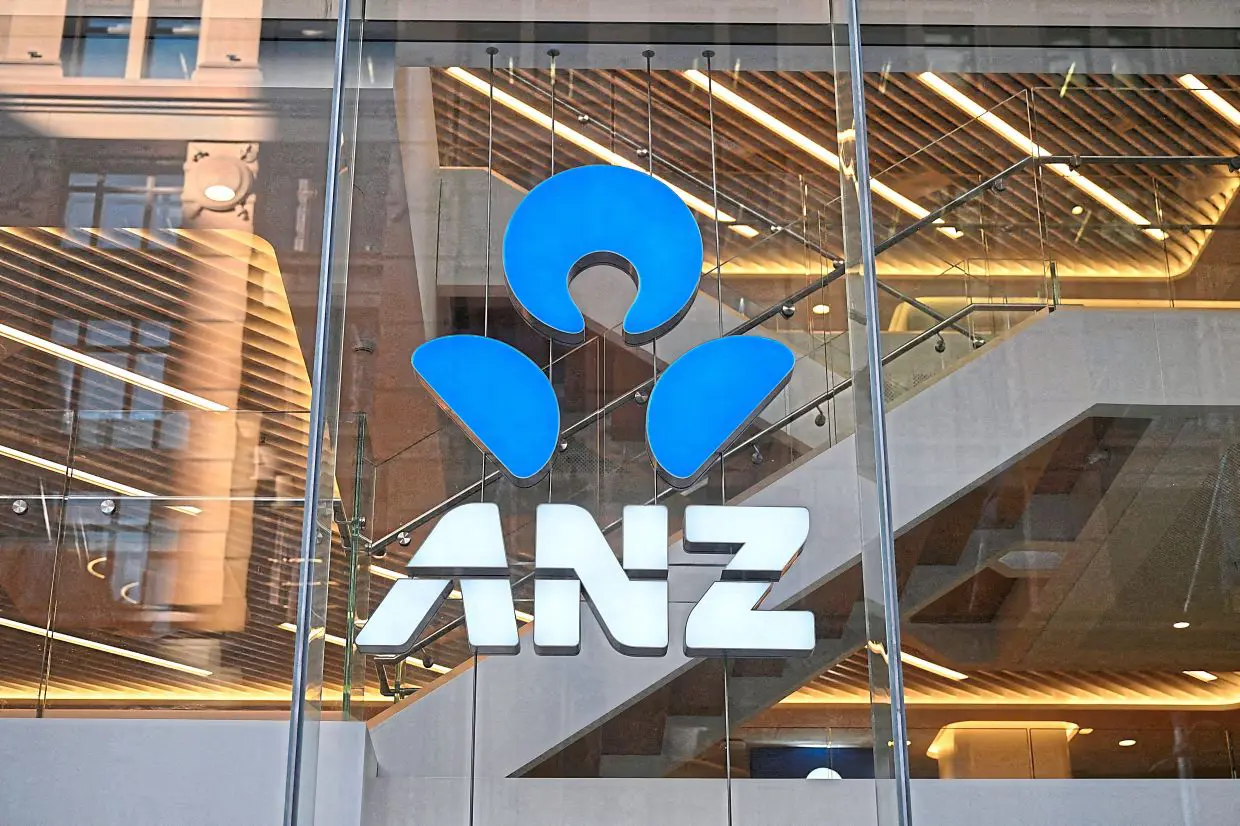China Hits Back with Port Fees Amid U.S.-China Trade Flashpoint

Beijing / Global Shipping — China announced it will levy intensive port fees on vessels built, owned, or flagged by the U.S. — or where U.S. investors hold 25% or more — in retaliation for America’s tariffs and port levies, escalating maritime tensions in the trade war.
Under the plan, fees will begin at 400 yuan ($56) per net ton starting Tuesday, rising over time to 1,120 yuan ($157) by April 2028. Meanwhile, the U.S. currently charges $50 per net ton for ships tied to Chinese entities.
Though few U.S.-flagged vessels directly ply China, analysts warn the policy’s reach will be broad — affecting shipping firms listed in the U.S. or those with U.S. ownership stakes. COSCO, China’s major carrier, may face nearly $2 billion in fees by 2026.
The fees come in response to Trump’s decision to impose 100% tariffs on all Chinese imports starting November 1, along with new export restrictions on strategic software.
Asia-U.S. shipping lines are already re-evaluating exposure. For instance, Matson has said it expects to pay the new fees but will maintain its route schedule. Oil tanker firms listed in the U.S., like Scorpio Tankers, may also be caught in the crossfire.
China condemned the U.S. port fees as “discriminatory,” accusing Washington of abusing its dominance over trade rules and exporting its reach globally. China says the U.S. export control system spans over 3,000 items, compared to just over 900 on Beijing’s list — and it’s ready to mirror U.S. tactics.
In cities like Beijing, residents largely dismissed the standoff. One local said, “Trump always says extreme things. China isn’t afraid.” Others quipped that his trade moves often change post-nap.
The new port levy underlines how this trade war is deepening — from tariffs on goods to direct charges on vessels crossing oceans. The next rounds could define who really controls global trade routes.

